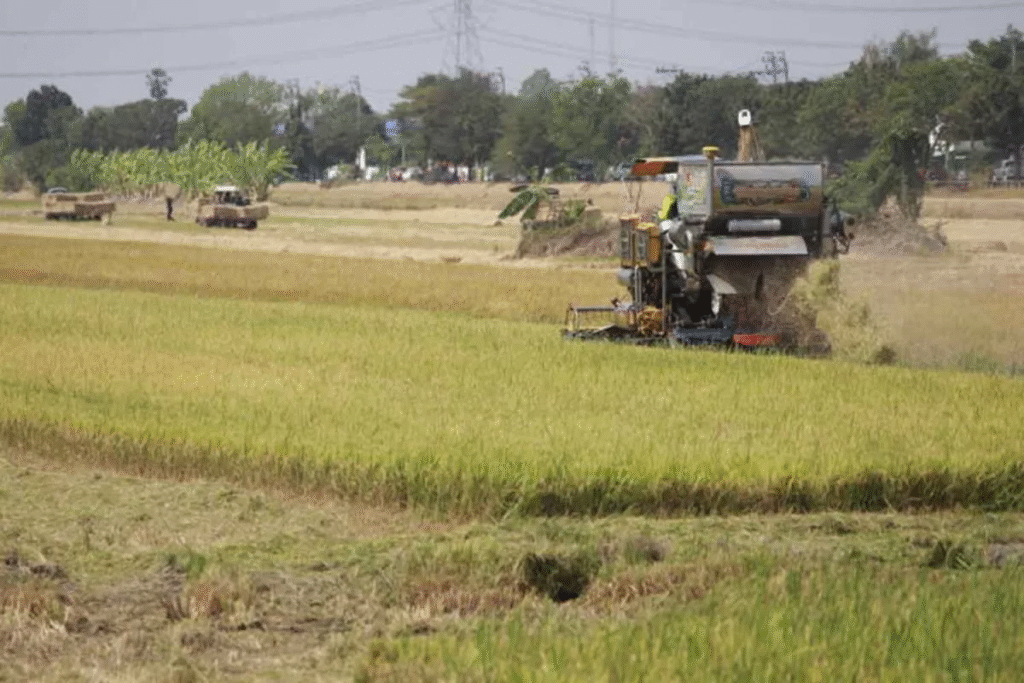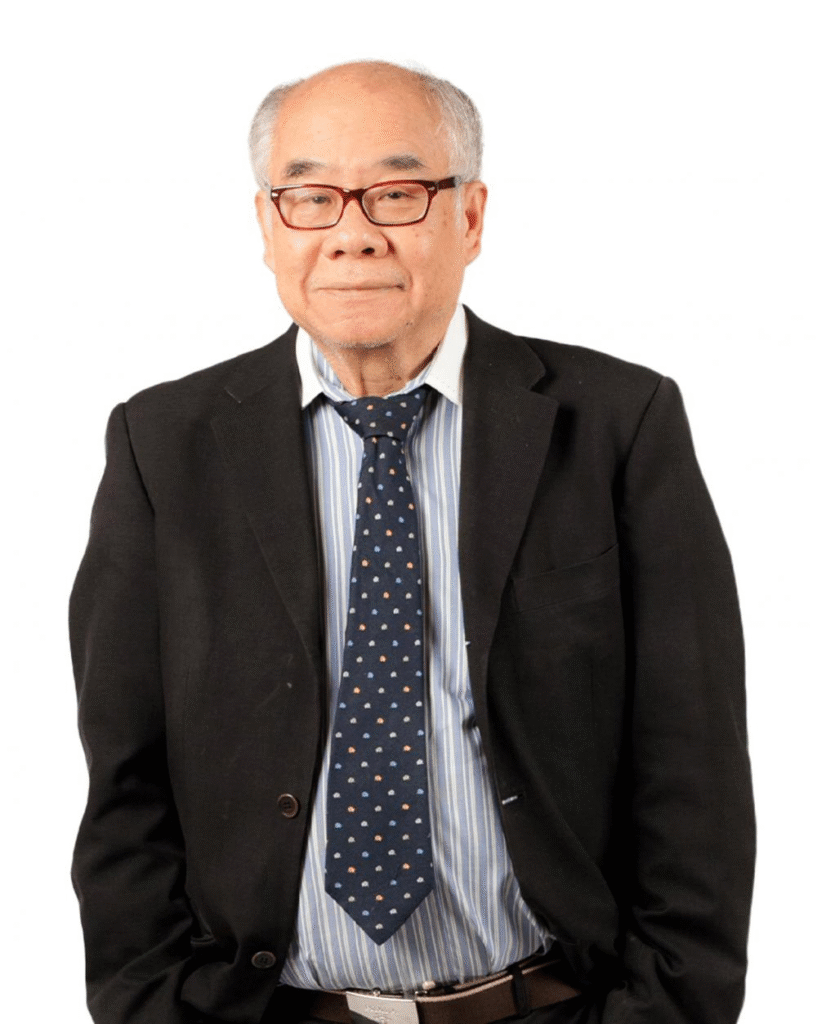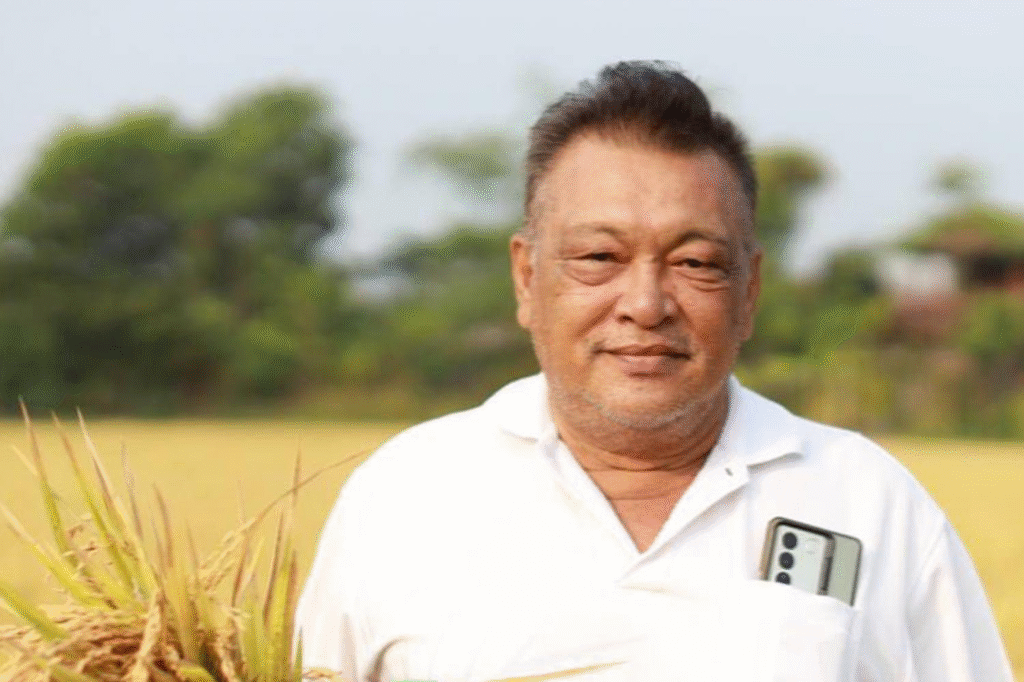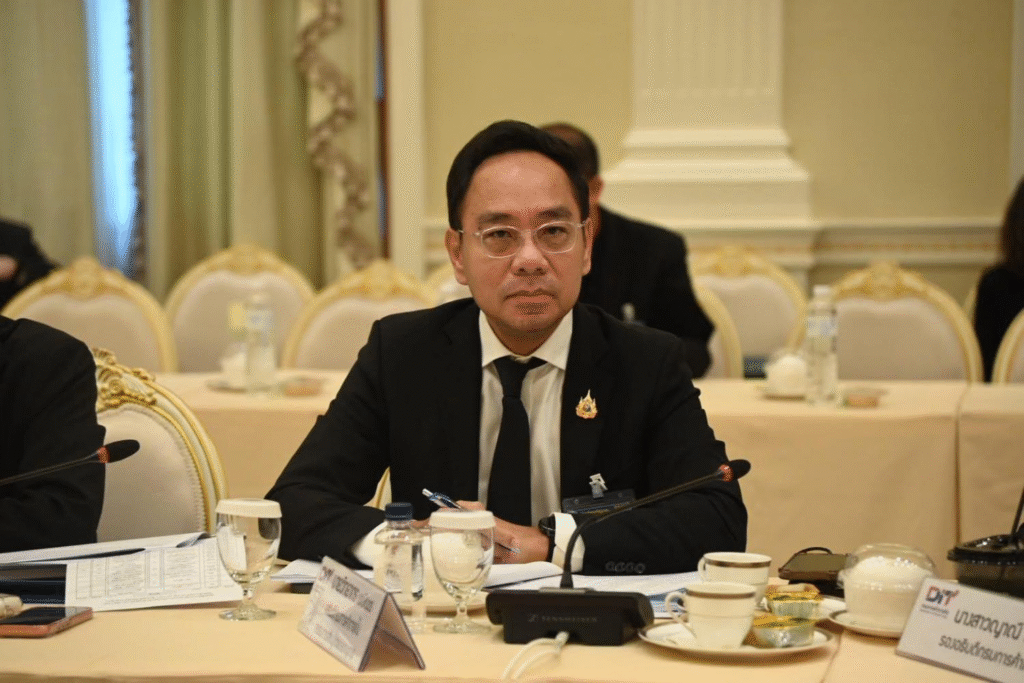Tags
China rice order a ‘timely boost’
Economist urges govt to seek new markets in face of US tariffs, writes Mongkol Bangprapa
NEWSPAPER SECTION: News, WRITER: Mongkol Bangprapa

China’s plan to buy 500,000 tonnes of Thai rice is expected to give a timely boost to exports at a time when the United States is applying tariff pressure across the region, says political economist Somjai Phagaphasvivat.
He said the rice deal with Beijing brings mutual benefits because countries in the region are under pressure from the US tariff measures and are seeking to diversify their markets.
Thailand’s growth is likely to reach only 1.2% in the third quarter, down from 3.2% in the first quarter and 2.8% in the second quarter, he said, adding that without new measures the final quarter is predicted to fall to 0.6%.
China’s rice purchase suits the needs of both countries, and together with Singapore preparing to buy another 100,000 tonnes of rice and food products, the government is confident Thailand can reach its rice export target of 7.5 million tonnes this year and possibly 8 million next year, he said.
“It’s a timely boost. Buying 500,000 tonnes is already a lift and if the payment is accelerated, the money can help this quarter and spill over into early next year,” he said.
The government says the rice purchase deal is likely to be signed next month when Chinese Premier Li Qiang visits Thailand for the Mekong‑Lancang summit in Bangkok.

Despite the rice deal, Mr Somjai said that Thailand has been cautious, maintaining a balance between the two superpowers.
Thailand holds joint military exercises with both the United States and China. But in trade and tourism, most countries in the region rely heavily on China because of US tariff pressure, he said.
Global trade rules have apparently weakened following US tariff policies, leaving smaller economies such as Thailand at a disadvantage, as the US exercises its “hard power”.
China, likewise, has responded to Japan with economic pressure after a recent political spat. It took offence at comments by Japan’s new PM regarding Japan’s stance on the need to protect Taiwan, which China covets as its own.
“We must engage both sides, maintain balance and diversify trade and investment especially among the Global South. A united Asean with a real single market would help enormously,” he said.
The rice deal and other economic measures, including the Khon La Khrueng Plus co-payment scheme, have improved public perceptions of the government, he said.
These measures show the government understands people’s problems, adding the co-payment programme also helps small shops upgrade their skills in marketing, cost control and digital technology.

The rice deal has been welcomed by farmers groups who are hoping for a quick transaction so the revenue can flow into the rural economy.
Pramote Charoensilp, president of the Thai Agriculturist Association, said Thailand has yet to export around 280,000 tonnes to China overhanging from earlier agreements and it remains unclear whether the new order includes previous quota.
“But the fact that rice purchase was agreed during His Majesty the King’s visit is delightful and farmers are overwhelmed. I think the rice purchase will actually happen,” he said.
Mr Pramote said an order of 500,000 tonnes of rice from China is not huge relative to the country’s supply, but still meaningful. The Commerce Ministry has also secured interest from other countries, including an order of more than 100,000 tonnes from Singapore.
White rice is selling for just 4,000–5,000 baht per tonne while jasmine rice prices are strong at around 14 baht per kilogramme, he said, adding it is unclear what varieties China will buy.
“It is a good opportunity. China may buy more in the future. But the price of white rice will not rise much because most stocks are already with mills and traders, not farmers,” he said.
Mr Pramote said he is not concerned that the US may react negatively and reduce imports of Thai products.
“Thai jasmine rice is cheaper than Indian and Vietnamese rice, but better in quality. Demand remains strong,” he said.

The ministry’s Department of Internal Trade (DIT) says domestic rice prices have increased sharply following measures approved by the National Rice Policy and Management Committee (NRPMC).
The measures include storage support schemes, delayed-sale programmes and expanded provincial paddy markets to absorb supply and stabilise the market.
Wittayakorn Maneenetr, director-general of the DIT, said jasmine paddy prices have climbed to 14,700–16,100 baht per tonne, up by 1,000 baht, while white rice paddy is up by as much as 400 baht per tonne.
He said the ministry has organised provincial rice-market events since Nov 10 and the events will continue until April next year covering 32 provinces in the North, Northeast and Central Plains.
These rice market fairs have become a key mechanism to draw buyers from outside provinces directly into farming areas, he said. The events reduce transport burdens, create new sales channels and solve long-standing problems in districts where farmers previously had no buyers.
https://www.bangkokpost.com/thailand/general/3143041/china-rice-order-a-timely-boostPublished Date: November 24, 2025






